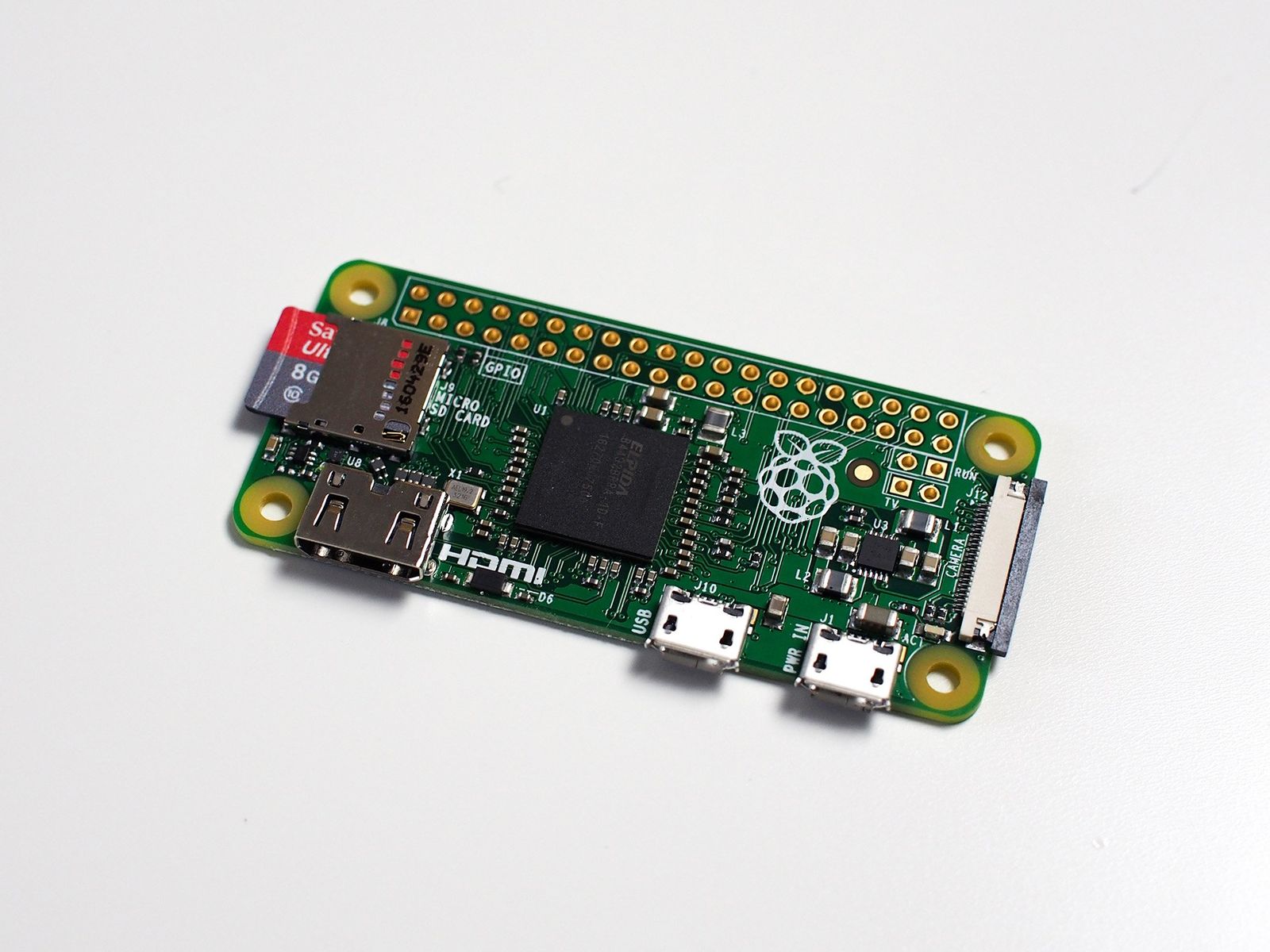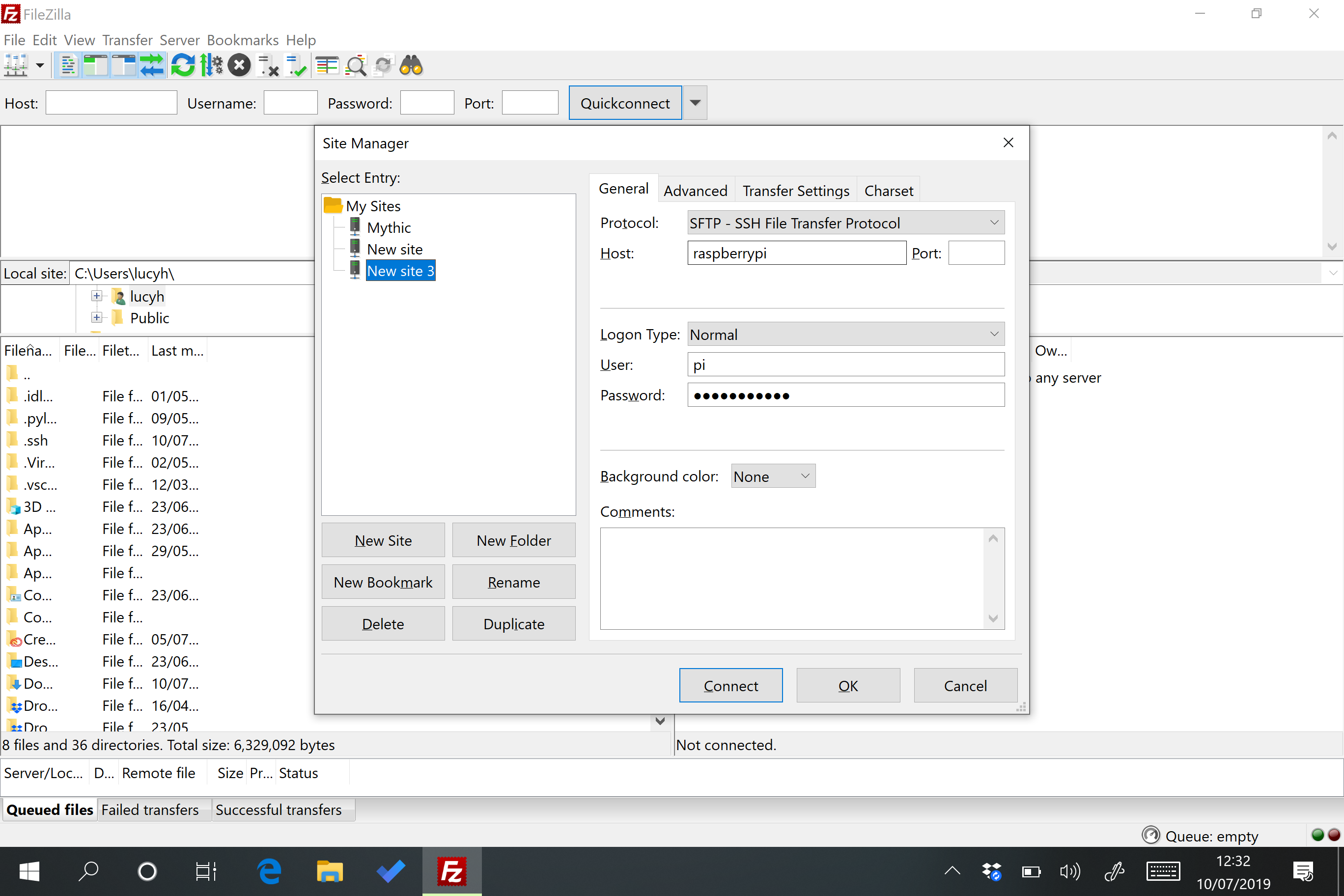RemoteIoT VPC SSH Raspberry Pi offers a powerful solution for users looking to remotely manage their devices with seamless integration into their Windows environments. This technology allows users to securely connect to their Raspberry Pi devices through Virtual Private Cloud (VPC) networks, ensuring robust security and ease of use. Whether you're a hobbyist or a professional developer, understanding how this system works can significantly enhance your remote management capabilities.
As the Internet of Things (IoT) continues to grow, the need for secure and efficient remote access becomes increasingly important. RemoteIoT VPC SSH Raspberry Pi provides an affordable and reliable way to achieve this, especially for those who want to avoid high costs associated with commercial solutions. This guide will walk you through everything you need to know about setting up and managing your Raspberry Pi using RemoteIoT VPC SSH, including free Windows download options.
By the end of this article, you'll have a comprehensive understanding of RemoteIoT VPC SSH Raspberry Pi, its benefits, and how to implement it effectively. Whether you're new to IoT or an experienced user, this guide will provide valuable insights into leveraging this technology for your projects.
Read also:Disneyland Cold Brew
Table of Contents
- Introduction to RemoteIoT VPC SSH Raspberry Pi
- Raspberry Pi Overview
- Benefits of RemoteIoT VPC SSH
- Setup Guide for Raspberry Pi with RemoteIoT VPC SSH
- Free Windows Download Options
- Security Considerations
- Troubleshooting Common Issues
- Advanced Features and Customizations
- Community Support and Resources
- Conclusion
Introduction to RemoteIoT VPC SSH Raspberry Pi
What is RemoteIoT VPC SSH?
RemoteIoT VPC SSH is a technology that allows users to securely connect to their Raspberry Pi devices through a Virtual Private Cloud (VPC) network. This setup ensures that your device remains protected while providing remote access capabilities. It's particularly useful for managing IoT devices without compromising security.
This system leverages SSH (Secure Shell) protocols to establish encrypted connections, ensuring data integrity and confidentiality. By integrating with VPC, users can create isolated networks that enhance security and control over their devices.
Why Choose Raspberry Pi for IoT Projects?
Raspberry Pi has become a popular choice for IoT projects due to its affordability, versatility, and strong community support. With its compact size and powerful processing capabilities, it serves as an ideal platform for developing and deploying IoT solutions.
Additionally, Raspberry Pi supports a wide range of operating systems, including Windows IoT Core, making it compatible with various applications and software ecosystems. This flexibility allows users to tailor their setups to specific project requirements.
Raspberry Pi Overview
Raspberry Pi is a series of small single-board computers developed by the Raspberry Pi Foundation. These devices are designed to promote the teaching of basic computer science in schools and developing countries. However, they have gained widespread popularity among hobbyists and professionals alike for their versatility and affordability.
Key Features of Raspberry Pi
- Compact size and low power consumption
- Support for multiple operating systems, including Windows IoT Core
- GPIO pins for hardware interfacing
- Built-in Wi-Fi and Bluetooth connectivity
- Strong community support and extensive documentation
Benefits of RemoteIoT VPC SSH
Implementing RemoteIoT VPC SSH on your Raspberry Pi offers several advantages:
Read also:Actor Bahn Los Angeles
Enhanced Security
By using SSH protocols and VPC networks, RemoteIoT VPC SSH ensures that your device remains secure from unauthorized access. The encrypted connections provide an additional layer of protection, safeguarding sensitive data and operations.
Remote Access
With RemoteIoT VPC SSH, you can manage your Raspberry Pi devices from anywhere in the world. This capability is particularly useful for monitoring and maintaining IoT installations in remote locations.
Scalability
This solution is highly scalable, allowing you to add more devices to your VPC network as your project grows. Whether you're managing a single device or an entire fleet, RemoteIoT VPC SSH can accommodate your needs.
Setup Guide for Raspberry Pi with RemoteIoT VPC SSH
Setting up RemoteIoT VPC SSH on your Raspberry Pi involves several steps. Below is a comprehensive guide to help you through the process:
Step 1: Prepare Your Raspberry Pi
- Install the latest version of Raspberry Pi OS on your device
- Configure Wi-Fi and network settings
- Enable SSH in the Raspberry Pi Configuration menu
Step 2: Set Up VPC Network
- Create a VPC network in your cloud provider's dashboard
- Assign an IP address range for your VPC
- Configure security groups to allow SSH traffic
Step 3: Connect Raspberry Pi to VPC
- Update network settings on your Raspberry Pi to connect to the VPC
- Test the connection to ensure successful integration
Free Windows Download Options
For users who prefer to work in a Windows environment, there are several free options available for downloading and managing RemoteIoT VPC SSH Raspberry Pi:
Windows IoT Core
Windows IoT Core is a version of Windows 10 designed specifically for IoT devices. It provides a lightweight and efficient operating system for Raspberry Pi, enabling seamless integration with RemoteIoT VPC SSH.
Third-Party Tools
Several third-party tools offer free downloads and utilities for managing Raspberry Pi devices in a Windows environment. These tools often include features such as file transfer, remote desktop access, and terminal emulation.
Security Considerations
While RemoteIoT VPC SSH offers robust security features, it's essential to implement best practices to further protect your devices:
Use Strong Passwords
Ensure that all SSH accounts have strong, unique passwords to prevent unauthorized access.
Enable Two-Factor Authentication
Implement two-factor authentication (2FA) for an additional layer of security.
Regularly Update Software
Keep your Raspberry Pi OS and all installed software up to date to protect against vulnerabilities.
Troubleshooting Common Issues
Even with careful setup, issues may arise when using RemoteIoT VPC SSH on your Raspberry Pi. Below are some common problems and their solutions:
Connection Issues
If you're unable to establish a connection, check your network settings and ensure that SSH is enabled on your Raspberry Pi.
Performance Problems
Optimize your VPC network configuration and ensure that your Raspberry Pi has sufficient resources to handle the workload.
Advanced Features and Customizations
Once you're comfortable with the basics, you can explore advanced features and customizations to enhance your RemoteIoT VPC SSH setup:
Automated Scripts
Create automated scripts to streamline routine tasks and improve efficiency.
Custom Networking Configurations
Tailor your VPC network settings to meet specific project requirements, such as load balancing or failover configurations.
Community Support and Resources
The Raspberry Pi and IoT communities offer extensive support and resources for users implementing RemoteIoT VPC SSH:
Forums and Discussion Boards
Engage with other users on forums and discussion boards to share knowledge and solve problems collaboratively.
Documentation and Tutorials
Refer to official documentation and tutorials for detailed guidance on setting up and managing your RemoteIoT VPC SSH environment.
Conclusion
RemoteIoT VPC SSH Raspberry Pi provides a powerful and secure solution for managing IoT devices remotely. By following the steps outlined in this guide, you can successfully implement this technology and take advantage of its many benefits. Remember to prioritize security and stay updated with the latest developments in the field.
We encourage you to share your experiences and insights in the comments section below. Additionally, feel free to explore other articles on our site for more information on IoT and related technologies. Together, we can continue to advance the capabilities of remote device management and IoT solutions.


